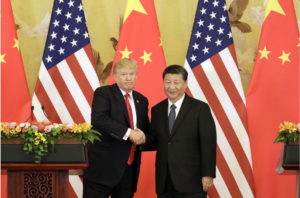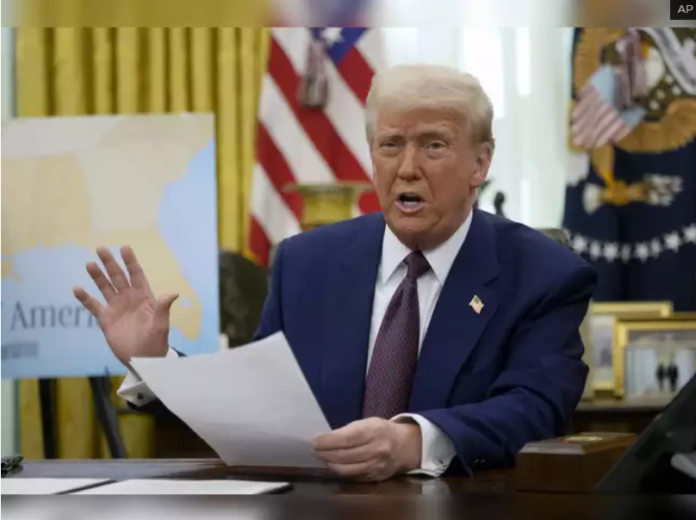By Jemimah Wellington, JKNewsMedia Reporter
THE UNITED States is currenty tightening controls on foreign investments, targeting China’s growing influence in key sectors.
A new directive signed by President Donald Trump aims to curb China’s access to American technology, critical infrastructure, and farmlands, citing national security concerns.
The National Security Presidential Memorandum mandates the Committee on Foreign Investment in the United States (CFIUS) to block transactions that could expose U.S. innovations to foreign adversaries.
The order also highlights how China has leveraged American capital and expertise to modernize its military and intelligence operations.
It seeks to prevent strategic industries—such as semiconductors, artificial intelligence, quantum computing, and biotechnology—from falling under Chinese control.
Tensions between the U.S. and China over economic and security matters have intensified since Trump imposed tariffs on Chinese imports.
With Chinese investment in the U.S. plummeting from $46 billion in 2016 to less than $5 billion in 2022, stricter regulations could further strain trade relations.
Beyond technology, concerns over foreign ownership of U.S. farmland have gained traction.
The memorandum further notes that China owns more than 350,000 acres of agricultural land across 27 states, contributing to fears over food security and rising land prices.
The move aligns with growing bipartisan calls in Congress to limit foreign purchases of farmland near sensitive military installations.
The memorandum also signals potential restrictions on U.S. outbound investment in China, particularly in advanced technologies.
The administration is considering broader controls to stop American capital from fueling China’s Military-Civil Fusion strategy, which integrates commercial and military advancements.

Cybersecurity remains another flashpoint.
U.S. officials accuse Chinese hackers of repeatedly targeting government and corporate networks, including a recent breach of the Treasury Department’s CFIUS office.
The White House also argues that stricter investment oversight is necessary to counter these threats and protect sensitive information.
As part of the new framework, the U.S. says it will introduce a “fast-track” process to encourage investment from allied nations while reinforcing scrutiny of deals involving China.
Investments exceeding $1 billion will receive expedited environmental reviews to boost domestic economic growth without compromising national security.
The order builds on previous measures taken during Trump’s presidency, including tariffs, intellectual property protections, and restrictions on Chinese telecom firms.
The administration insists that these steps will strengthen America’s economic security while preserving its technological edge.
However, while the directive focuses on security, industry leaders warn that excessive restrictions could deter broader foreign investment, potentially impacting U.S. economic competitiveness.





